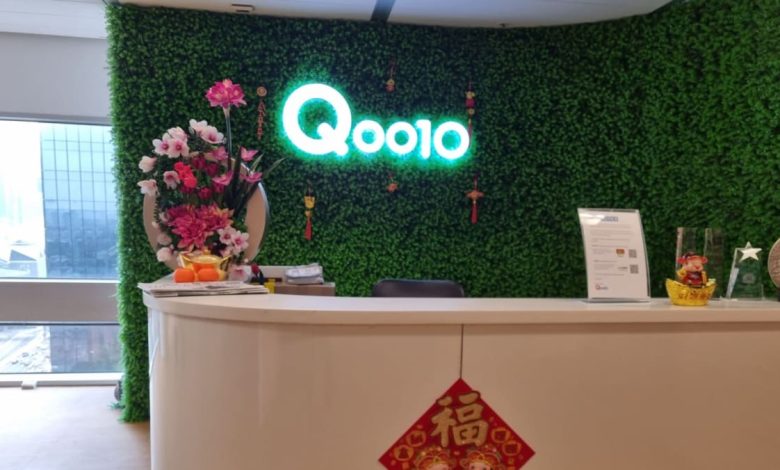‘I feel that there’s no effect’: Qoo10 vendors awaiting payments call for more action after MAS move

ESCROW SERVICES
The payment delays have raised questions about escrow services operated by e-commerce platforms like Qoo10.
An escrow service is a way to facilitate secure transactions by having a third party hold the funds until certain obligations are met, such as when an item is received.
E-commerce platforms often act as escrow agents for online purchases. In the event a transaction is unsuccessful, the platform or escrow agent will facilitate the fund transfer to the right party.
“It protects the seller from non-payment by the buyer and it protects the buyer from defective goods or goods not as advertised,” explained Professor Thompson Teo, a member of the Department of Analytics and Operations at the National University of Singapore’s Business School.
“Escrow services also help to mediate if there is a dispute over a transaction.”
One disadvantage for sellers is that they must abide by the terms of the e-commerce platform, which may change over time, said Prof Teo. There could also be additional fees or delays to payments.
Mr Toh, the Qoo10 vendor who is owed about S$13,800, said he hopes for more regulations to be put in place for e-commerce platforms.
He pointed out, for instance, that there is currently no rule on how long an e-commerce platform can hold the payments due to its sellers.
According to Mr Toh, Qoo10 used to allow his business to withdraw payments from its sales weekly. However, the time his money was held in escrow later lengthened to weeks and then months.
“As a seller, we are unable to do anything because it’s just what they say,” he added, expressing worries about what platforms might do with the funds while they are held in escrow.
“The transaction that is going through the platform on a daily basis is very big. It’s in millions,” he said.
“(In) one day, they can do a lot with our funds … let alone two months.”
VENDORS HOPE FOR MORE ASSISTANCE
Explaining the move to suspend payment services, MAS said on Sep 23 that allowing Qoo10 to continue would expose more merchants to risks of larger outstanding obligations and potential losses.
“Qoo10 will be permitted to make payments to satisfy outstanding claims by such merchants, but may not take on new payment obligations,” it stated.
It added that Qoo10 may need to engage a third-party payment service provider for transactions on the platform.
“MAS will review the suspension when Qoo10 is able to satisfy MAS of its ability to resolve the payment delays and safeguard the interest of its customers in Singapore on an ongoing basis,” it said.
However, some vendors hope that apart from preventing further losses, authorities can do more to help affected vendors get their money back.
Mr Liu, who is owed more than S$21,000, pointed to the situation in South Korea where two Qoo10 subsidiaries failed to pay their sellers. The government there stepped in to provide support, such as low-interest loans for affected small businesses.
He hopes similar measures or any form of assistance could be offered to vendors in Singapore as well.
Mr Dave, who sells electronics and office equipment on Qoo10, expressed frustration at the lack of clarity about the situation.
“There’s no news from Qoo10 … Nobody knows anything at this point in time,” he said.
The platform owes him almost S$100,000 and the more than 30 emails he sent to the company have gone unanswered. This has left him unsure about whether he should continue to wait for the money or count it as a loss.
Hopefully “someone who has a certain authority can actually intervene for everyone, so that everyone knows what to expect”, said Mr Dave.
“From there, we can actually move on.”




